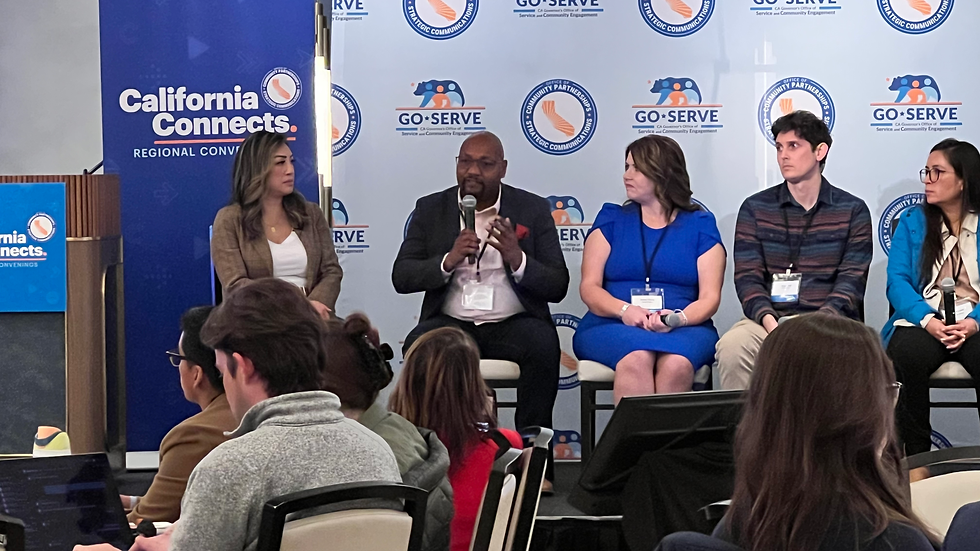Tobacco Companies Battle Tax Hikes In Three States
- INFO-MD Staff

- Oct 31, 2016
- 3 min read

Tobacco companies are spending tens of millions of dollars to snuff out proposed tax hikes on the ballot in three states.
California’s Proposition 56 would boost the state’s tobacco tax to $2.87 per pack, while North Dakota’s Measure 4 would increase the state cigarette tax to $2.20 per pack. And Colorado’s tobacco tax would hit $2.60 per pack if voters OK Amendment 72.
The measures in California and North Dakota apply a proportional tax to purchases of smokeless electronic cigarettes. Colorado’s proposal exempts e-cigarettes entirely.
Tobacco tax supporters enjoy a popular advantage in their push - most people do not smoke. Tax opponents enjoy a financial edge. In California, tobacco interests – mainly Altria/Philip Morris USA and the RJ Reynolds Tobacco Co. – gave $67 million to oppose Proposition 56, while pro-56 health care groups and others have assembled a $30 million war chest.
In Colorado, opponents are outspending supporters of Amendment 72 by 5 to 1. And in North Dakota, supporters of Measure 4 had only $22,000 on hand this month, while opponents had amassed $3.6 million.
All three of the states – California, North Dakota and Colorado – now have state cigarette taxes that are well below the national average of $1.65 per pack. California levies a tax of 87 cents per pack; Colorado, 84 cents; and North Dakota, 44 cents.
Opponents see an inherent unfairness in placing the burden of funding general-interest government programs – such as health care for low-income residents, veterans’ services and mental health care – on the backs of a small minority of taxpayers. The tobacco tax measures are written by self-interested groups and don’t always ensure that funds will be used for their intended purposes, some taxpayer organizations said.
But data tallied by the Campaign for Tobacco-Free Kids shows most states that increase their cigarette taxes by 50 cents or more will see double-digit drops in cigarette sales as smokers kick the habit or smoke fewer cigarettes. And because a portion of tobacco taxes will go to health care programs in all three states, smokers will help to defray the costs of tobacco-related diseases, according to supporters.
The portion of the California and North Dakota measures that applies to e-cigarettes has drawn strong opposition from the American Vaping Association, a nonprofit advocacy group. Proposition 56 would impose an estimated 68 percent tax hike on liquid nicotine used in the battery-powered e-cigarettes, so a bottle that used to cost $20 would go up to $50.
“There’s a ton of e-cigarette resale stores in California,” Gregory Conley, president of the association, told AMI Newswire, “and a ton of manufacturers and wholesalers there.”
California has been the epicenter of the e-cigarette industry, even though it’s despised by the state’s policymakers, Conley said. If voters approve the tax, many in the industry will flee the state, leading to the loss of tens of thousands of jobs, he said.
Classifying e-cigarettes with cigarettes is also unfair, Conley said. Studies by the Royal College of Physicians in Britain have found that vaping is 95 percent less hazardous than cigarette smoking and that only one in five teens use nicotine while vaping, he said.
The "No on 56" campaign also claims that that 82 percent of the funds generated by California's tax increase would go to insurers, with no guarantee that the additional funds would lead to expanded health care for more people.
Tax increase supporters dispute that claim, arguing that increased funding will translate into more doctors being able to help low-income patients enrolled in the state’s version of Medicaid.
“Medicaid-managed care plans must spend 85 percent of the money they receive on patients,” Anthony Wright, executive director of Health Access California, told AMI. Wright’s group, which helped to draft the California measure, predicts the increased health care funding will result in more clinic doctors and better service for low-income patients.
Other health-related arguments have been advanced by supporters of the measure in Colorado. The funds will help the state augment tobacco education programs, dissuade young people from taking up the habit and fund treatments and research for tobacco-related diseases, along with support for some veterans services and mental health services, they said.
In North Dakota, where tobacco sales make up 38 percent of all transactions at convenience stores, opponents of Measure 4 raised concerns about the measure’s passage on the local retail economy.
“The higher tax could cause a decline in taxable cigarette sales in North Dakota as people look for alternatives to avoid the higher tax, such as purchases across state lines or buying cigarettes on the Internet or from Native American reservations,” a “No on Measure 4” fact sheet said.








Comments